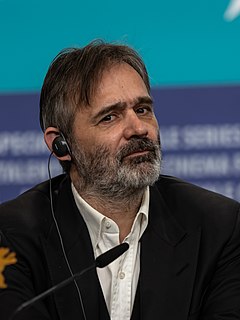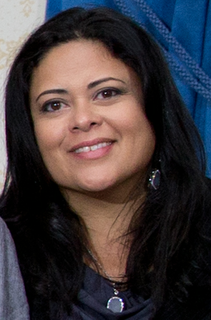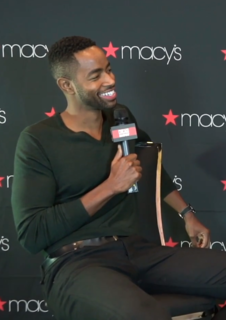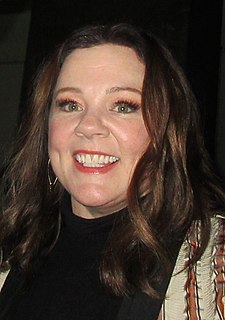A Quote by Anne Roiphe
I've told the same story twelve different ways, but I think that's just part of what writers do. Once may not be enough.
Quote Topics
Related Quotes
Too many writers think that all you need to do is write well-but that's only part of what a good book is. Above all, a good book tells a good story. Focus on the story first. Ask yourself, 'Will other people find this story so interesting that they will tell others about it?' Remember: A bestselling book usually follows a simple rule, 'It's a wonderful story, wonderfully told'; not, 'It's a wonderfully told story.'
The average person might articulate them differently, but we all think about interpersonal relationships in one way or another. Writers just express that in different ways and capture it in different ways. To some degree, we're all thinking about the same things. It's the zeitgeist. The trick, in a way, as a writer, is to hope that your interests in some sense link up with the culture around you.
I think people all over the institution recognize that different ways of understanding are valuable. Artists may think in a different way than biologists or chemists, but you can learn something from that. It is true that the arts at MIT don't have the same amount of funding or same status as the sciences or engineering.
It always seems to people that I'm avoiding saying, 'It's autobiographical,' but I really do believe that human beings make stories and they make themselves. If I told you the same story twelve years ago, I could have emphasized something different. The importance changes, the meaning of things shifts over time. Also, I think all art is autobiographical. Every endeavor is full of impressions of ourselves.
I think there's so many points of view that you want to make sure your stories are being told from men and women... you get all of the different backgrounds. You don't want every story being told from the same point of view. So just for better storytelling, I'm like, 'Yes, please, bring some more ladies on.'

































